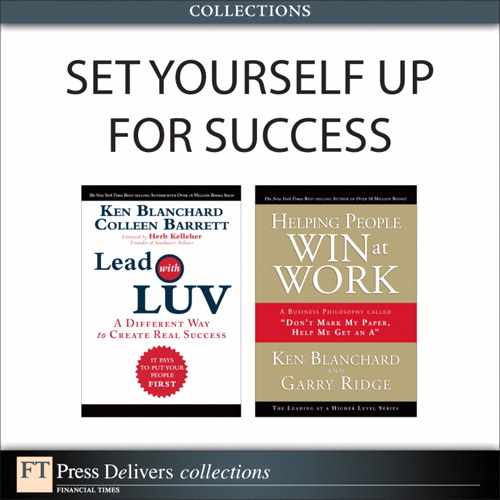Differences Between Self-Serving and Servant Leaders
K: Colleen, I really admire the way you collaborate with your People.
C: It just makes sense. I have always felt that Leadership is a high calling. It’s not about a position. In fact, to me any Leadership position I have had was on loan from all the stakeholders in the organization—our Employees, our Customers, our Business Partners, and our Shareholders.
K: You just identified a key difference between self-serving leaders and Servant Leaders. Self-serving leaders think they own their position. Most of their leadership time is spent protecting their position—what they think they own. They want to make sure everyone knows who’s the boss. They run bureaucracies and believe the sheep are there for the benefit of the shepherd. They want to make sure that all the money, recognition, and power move up the hierarchy and away from the frontline people and the customers. They are great at creating “duck ponds.”
C: That’s for sure. Those quackers also don’t like feedback—particularly anything negative. When that happens, they think you don’t want them to lead anymore. That’s their worst nightmare, because they think they are their position, so they have to kill the messenger.
K: That’s sad, and very different from how Servant Leaders respond to feedback. Their first response is, “Thank you.” They love feedback. Why? Because the only reason they are leading is to serve, so if anybody has any suggestions on how they can serve better, they want to hear all about it. Servant Leaders look at feedback as a gift.
C: I love the saying I’ve heard you repeat often, Ken: “Feedback is the breakfast of champions.”22 If our Employees are operating from a Servant’s Heart, when they receive feedback, their first response after they say, “Thank you, that’s really helpful,” should be, “Can you tell me more? Is there anybody else I should talk to?” My Executive Assistant, Vickie Shuler, is the best in terms of showing her Servant’s Heart in this manner; and, frankly, that makes me appreciate her more every day.
K: Servant Leaders are also willing to develop the leaders around them—a key belief you all have at Southwest.
C: That gets us back to the beginning of our conversation when I stressed that Leadership is not the province of just the formal Leaders. I believe Leadership should emerge everywhere. That is our hope at Southwest Airlines—and with our value of a Servant’s Heart, our role as Leaders is to serve, not to be served. We want to bring out the best in all our People. We thrive on developing others and the belief that individuals with expertise will come forward as needed throughout our organization. As you said, above all, we want our Employees to be our business partners. They are, after all, owners.
I think Robert Greenleaf expressed it well: “The true test of a Servant Leader is this: Do those around the Servant Leader become wiser, freer, more autonomous, healthier, and better able themselves to become Servant Leaders?”23 That’s exactly what I believe and, hopefully, do. I know I expect it from our People.
